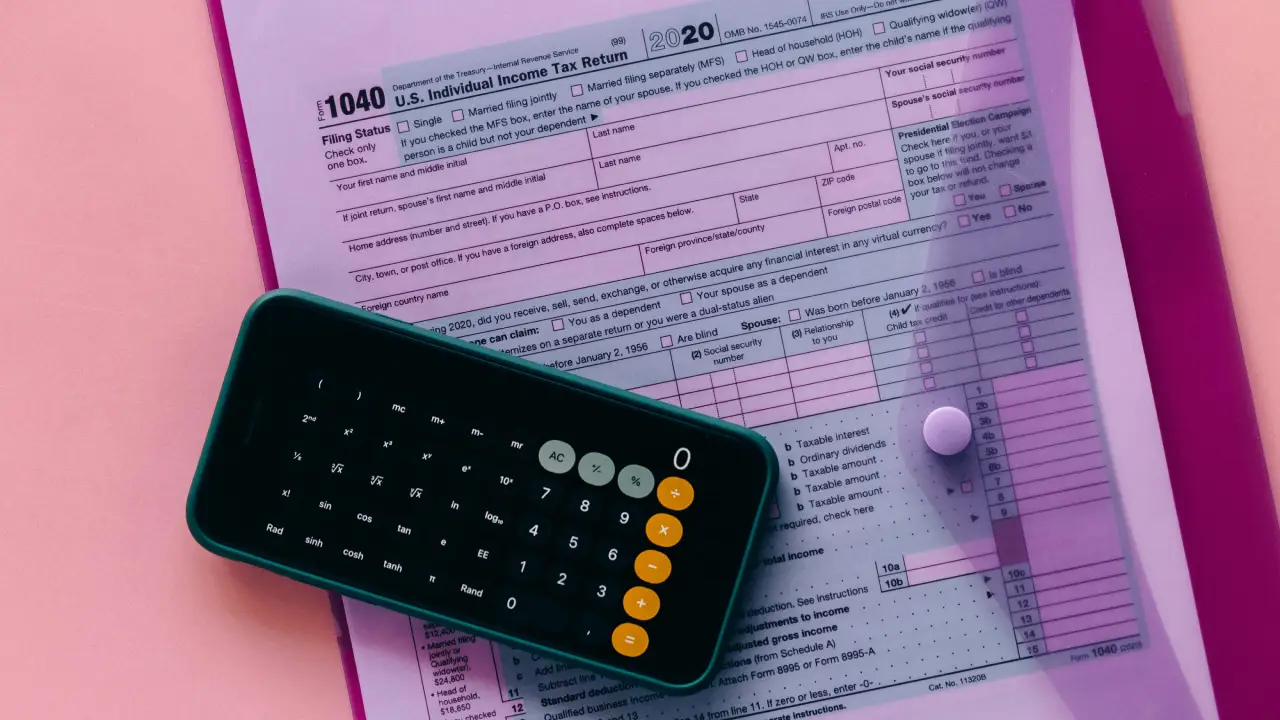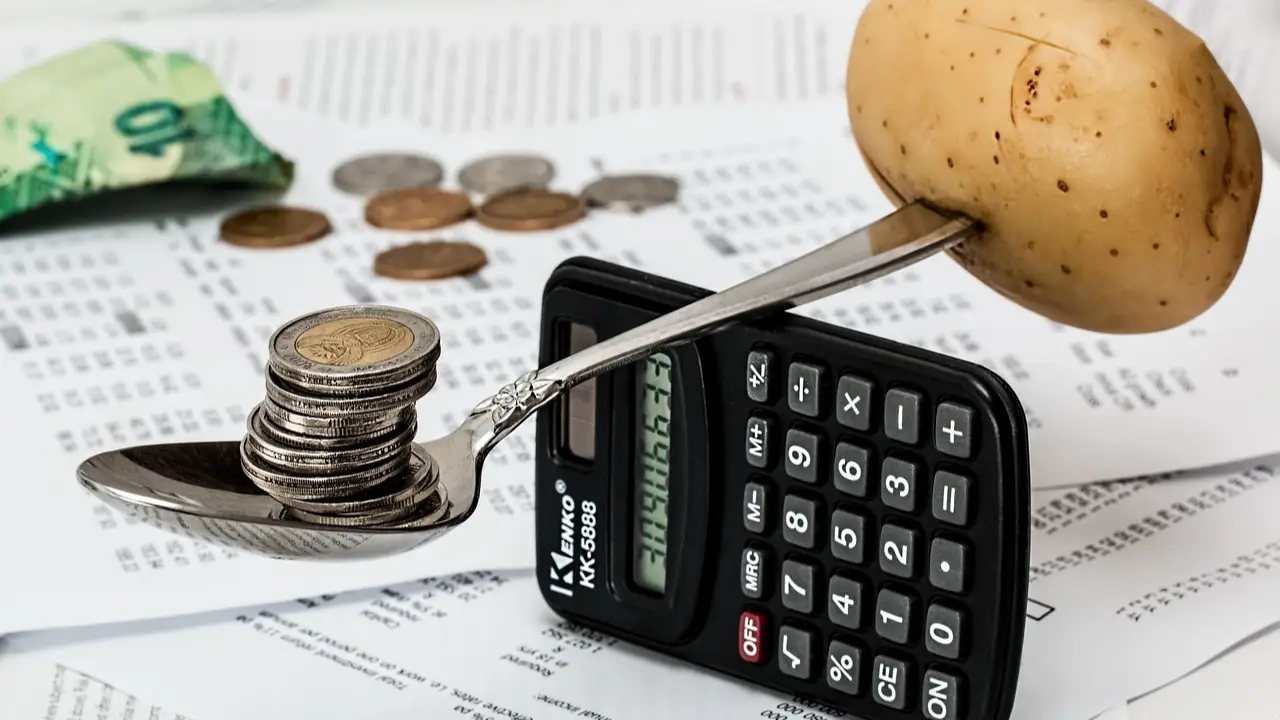What is VAT?
VAT stands for Value Added Tax, a consumption tax charged on most goods and services sold by VAT-registered businesses. Unlike income tax, which is based on profits, VAT is collected at every stage of the supply chain and ultimately paid by the final consumer.
For example:
- A supplier charges VAT to a manufacturer.
- The manufacturer charges VAT to a retailer.
- The retailer charges VAT to the customer.
Each business in the chain records VAT collected and VAT paid, then reports the difference to the tax authority.




